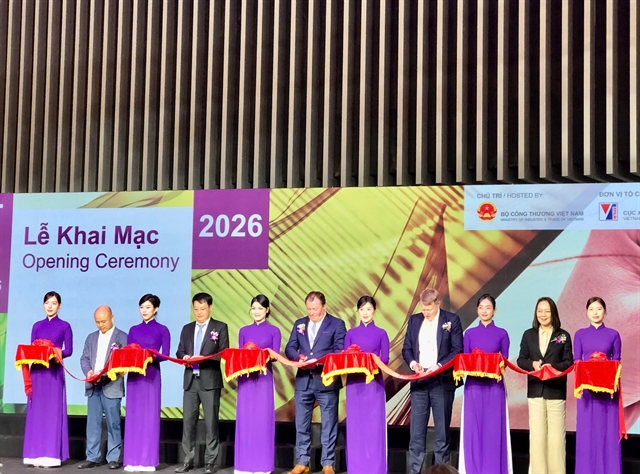 Media-OutReach Newswire
Media-OutReach Newswire

CAPE TOWN, SOUTHAFRICA - EQS Newswire - 11 October 2019 - The African Energy Chamber advocated for better regulatoryframeworks, local content development, women empowerment and cross-bordercooperation at the grand opening of Africa Oil & Power in Cape Town thisweek.
Photos: https://bit.ly/2AYO7mT
Video: https://bit.ly/2IGbsxV
Attended by hundreds of senior governmentofficials and energy executives from across Africa and the world, the AfricaOil & Power Conference & Exhibition is seeking solutions to make energywork better for Africans and investors. It was opened by leading industryfigures such as H.E. Gabriel Mbaga Obiang Lima, Minister of Mines andHydrocarbons of Equatorial Guinea, H.E. Mouhamadou Makhtar Cissé, Minister ofPetroleum and Energies of Senegal, and Nj Ayuk, Executive Chairman of theAfrican Energy Chamber and CEO of the Centurion Law Group.
Delivering the opening remarks,African Energy Chamber Executive Chairman Nj Ayuk addressed key issues facingthe industry's future, reminding the continent that it needs and must do betterto provide energy and jobs to all Africans. "We are here at AOP not onlyto highlight success stories but also to have an honest conversation with eachother on what needs to be done for our industry, and follow a roadmap tosuccessful implementation on core issues such as regulations and local contentpolicies, the empowerment of women, infrastructure development, cross-bordercooperation and fiscal frameworks," declared Nj Ayuk.
On the issue of regulations andthe creation of a better enabling environment for investors and businesses, theAfrican Energy Chamber insisted on the need for fair regulations that aresupportive of local industries whole encouraging international investments."Look to Ghana," said Nj Ayuk. "The country has built an oil andgas regulatory framework from scratch and built a reputation for transparencyand regulatory certainty. Its projects are getting off the drawing board andGhana is already a serious African producer. Regulations have to beprogressive, so what matters is to implement regulations that set the groundfor the development of a sustainable, local content-oriented and jobs-creatingindustry."
"On local content, look toNigeria," he added. "It has used its oil and gas as a jumping offpoint for overall economic development and building up domestic capacities fromthe ground up while providing the right opportunities for the establishment andgrowth of strong local companies across the value chain."
At the core of the AfricanEnergy Chamber's message was also a call to women empowerment across Africa'senergy industry. From creating strong educational and training programmes toimplementing progressive policies in the workplace, the Chamber has advocatedfor better policies that provide women equal opportunities in the workplace andacross the industry. "On woman empowerment, look to South Africa, whichboasts some of the strongest leaders in Africa's oil and gas sector,"declared Nj Ayuk. "Diversity will change our industry for the best andneeds to be a priority."
The African Energy Chamberclosed its opening remarks on the issues of infrastructure development andcross-border cooperation. In many cases, a lack of infrastructure is severelyholding back economic and social development, including a lack of roads,pipelines, ports and airports is stopping exploration and production in itstracks; and delaying the progress of otherwise economically viable progress.Meanwhile, cross-border cooperation is the key to unlocking the potential ofthe continent. "On cross-border cooperation, look to Senegal andMauritania," said Nj Ayuk. "They both have already shown Africa thatputting its differences aside and working towards co-developing projects isbeneficial for African economies and their people. The GTA project is alandmark project in that regard, and one that will profoundly impact thesocio-economic development in both countries. The major step to encouragefuture such collaboration and projects is to simply keep the dialogue open andengage more."




